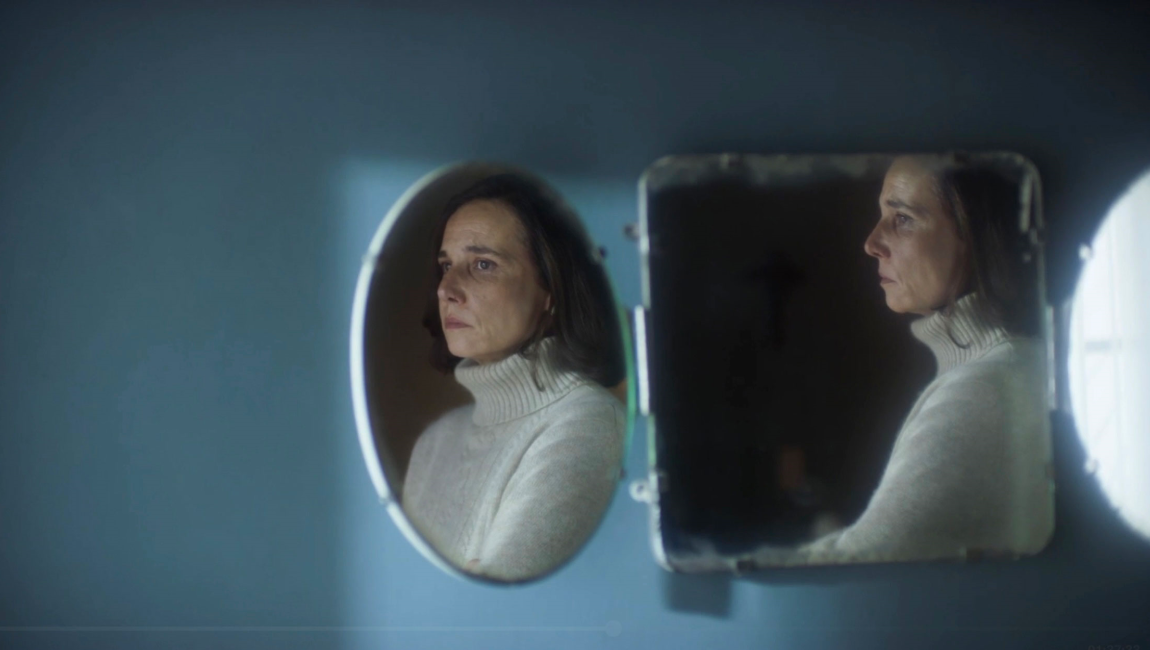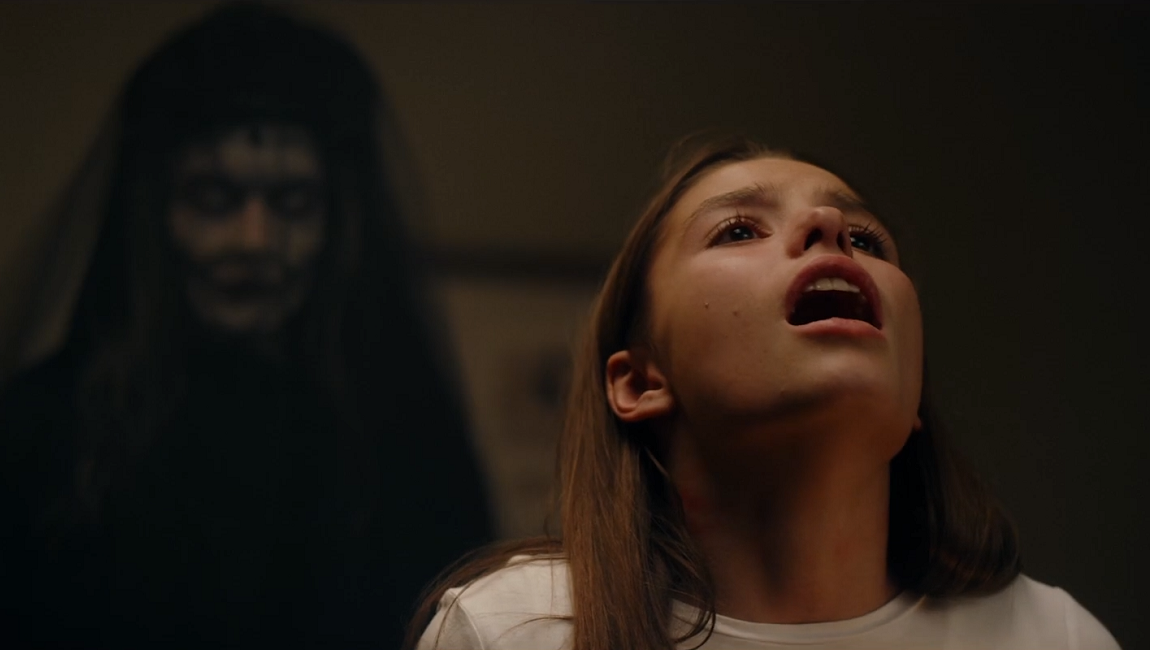Actress-turned-director Manuela Martelli’s debut feature, Chile ’76, is a thriller built upon the expectations of upper-class marital melodrama. Carmen (a subtle but strong Aline Küppenheim) carefully presides over the minutiae of her everyday life, hardly leaving herself the capacity to engage with the world around her. During the bloodiest years of Chile’s Pinochet regime, she clings to daily routine — until it’s shaken by the arrival of injured Elias (Nicolás Sepúlveda). As Carmen gradually learns about the young man’s role in the opposition movement, she too slowly awakens to revolutionary ideals.
Carmen’s socioeconomic station is such that she’s used to her every particular need being met. In one scene, she monitors the mixing of a can of paint to ensure that it’s just the right shade of pink for her beach house. And yet she struggles, initially, to find antibiotics for Elias. Carmen has power over the inconsequential things, but not the ability to right life-and-death wrongs. Her precarious place in this world is best articulated materially: a revolutionary’s boots have holes in the soles, while her blue heels are marked only by drips of pink paint, not quite red enough to be mistaken for blood, but still representing a certain complicitness in the cries she hears outside.
The synth-laden score of Mariá Portugal swells over already tension-heavy moments here: it’s stylish music that some may find overwhelming. A droning pulse — like the sound of oscillating blades on a helicopter — hovers within the film’s sonic spaces, always waiting for the next body to drop. Indeed, Martelli’s ability to infuse mostly ordinary interactions with an air of suspense becomes a masterclass in the development of an old-school thriller atmosphere. Whether a whispered aside from a houseguest or a glance from a stranger on the street, interactions begin to hold the weight of silent interrogation to Carmen, as she fears her newfound ideals being found out. But her status consistently works to hide her beliefs, and offers visceral contrast to her usual world; she vomits at a peer’s anti-communist propaganda while they’re sailing, but the other woman assumes she is merely seasick, that a woman of her station could not be sickened by authoritarian ranting.
Chile ’76 lingers on details, its precise movements soon melded with paranoia. The camera holds steady as a newly-purchased pair of boots are tied, drawing out the moment and swelling the score as if to imbue all of Carmen’s contact with society with uncertainty. Elsewhere, in a magazine that she views in the film’s opening scene, there’s the image of a Venetian palace. The sky above swirls with pinks and blues, lavender and soft shades of orange; the image is picturesque in a way befitting a seaside retreat, but is marred by the fact that the palace housed prisoners who were tortured for centuries. Soledad Rodríguez’s images of the Chilean landscape are similarly beautiful, transitioning from brilliant blues to creeping rose-red — blood on the hands of militarized policing.
Küppenheim unravels Carmen’s own guilt — her doctor husband, who will not help Elias, is a Pinochet collaborator after all — with the quiet resolve of a Sirkian heroine. Her frustrations eventually become clear; she did not wish for the life she has, but instead for her husband’s. She had wanted to become a doctor rather than marry into the shadow of one, and her own strained ties with her daughter make this all the more clear. Though Carmen’s arc is one of revolutionary awakening, the same spirit that comes when waking up to the cruelty of her nation is also located within her own domestic frustrations. And so, we slowly come to understand that her willingness to take on a risky caretaker role is initially borne out of discontent at the boredom of upper-class, gendered passivity — apolitical and self-curious. It’s only once the truth comes out, and her actions become about belief rather than emotional salvation, that Carmen and Chile ’76 hit their powerful stride.
Published as part of InRO Weekly — Volume 1, Issue 18.







